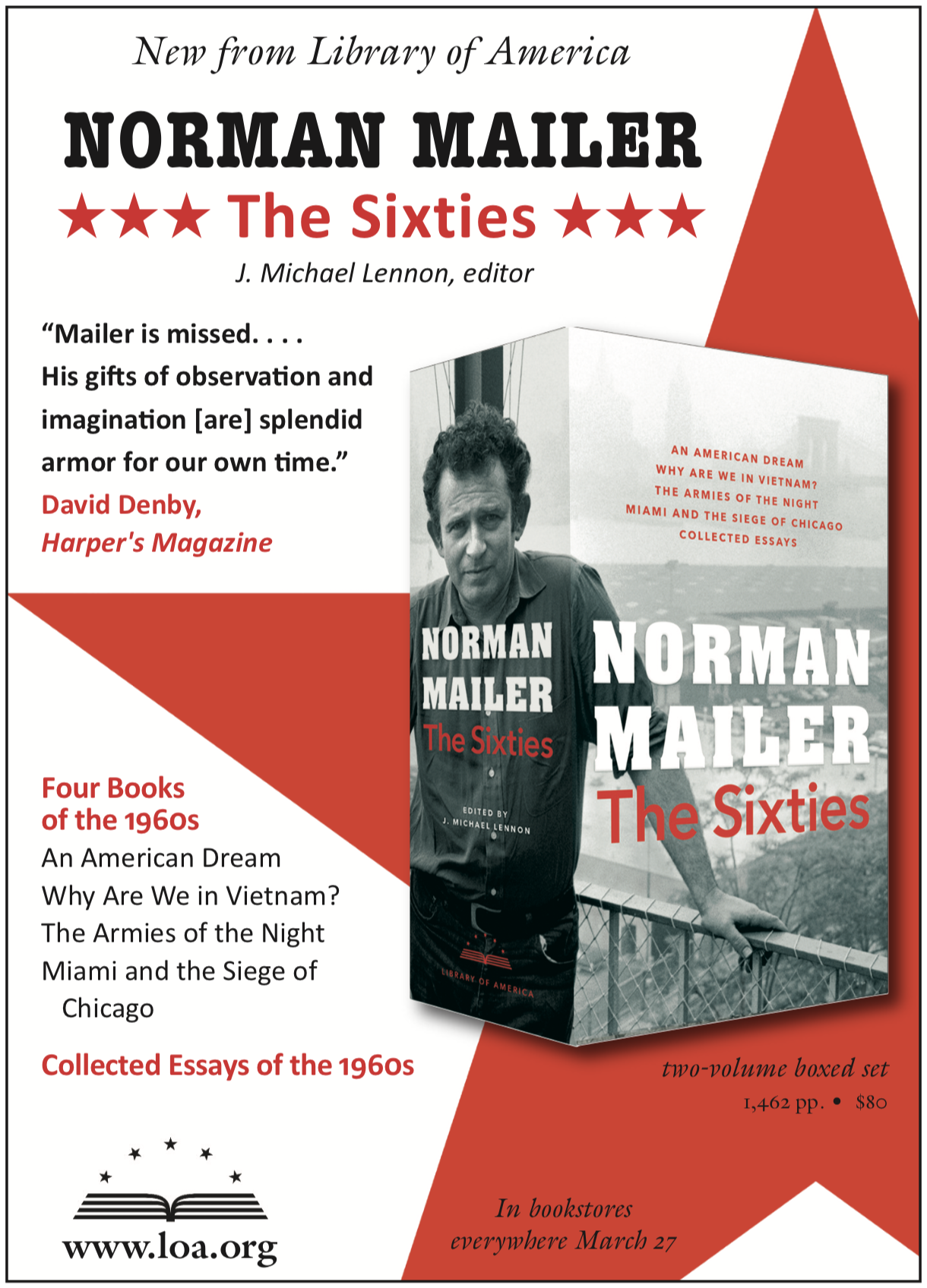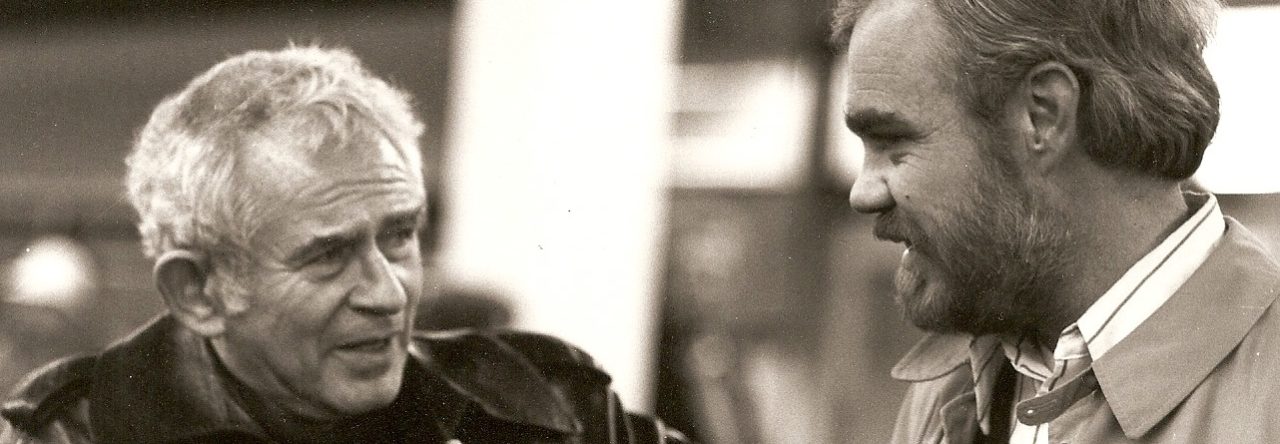Category: Media Page 2 of 13
A blurb on the back cover of professor-publisher-poet Philip Brady’s new book, Phantom Signs: The Muse in Universe City (Knoxville: University of Tennessee Press, 2019) describes it as a “high-spirited flash memoir.” This phrase could lead innocent readers to anticipate juicy tales of the author’s life as an American variety of Kingsley Amis’s Lucky Jim, a farouche academic who will take us on a frisky ride through the postmodern cultural landscape where we’ll encounter eccentric editors and nasty provosts (Brady’s particular bogeymen), attend poetry readings, ponder manuscripts and blurbs, get tutored in small press publication, pedagogical conundrums, and literary politics, all of this reamed with apercus about the miseries of social media and technology, remembrances of youthful erotic escapades, and punctuated by mildly astringent appraisals of poets past and present—Homer, Yeats, and H. L. Hix are the book’s tutelary spirits—as well as comical portraits of fellow litterateurs and beloved family members, the whole shebang battened together by droll wit and admirable forbearance. Brady’s dazzling new memoir (he wrote an earlier, more conventional one, To Prove My Blood, 2004), is all of these things, but it is the dream-like manner that he employs for the majority of the volume’s essays that transforms the volume into something rich and strange.
Tom Wolfe, the dashing, white-suited journalist-novelist with a Ph.D. from Yale in American civilization and a vocabulary equal to that of William F. Buckley, satirical skills not dissimilar to those of Kurt Vonnegut, H.L. Mencken and Mark Twain (not to mention Shakespeare’s rival, Ben Jonson, the gimlet-eyed satirist), a Southerner whose tradition-battering stories in the New York Herald Tribune in the early 1960s made him principally responsible for starting the first new direction in American literature in a half-century, the iconoclastic, initially detested-by-the-fourth-estate New Journalism (which really goes back to Daniel Defoe’s “Diary of a Plague Year”), died Monday at 87.
Published this month by Library of America, Norman Mailer: The Sixties is a double dose of the trenchant writer who—in his fiction, his nonfiction, and in work that famously blurred the distinction between the two—threw himself unreservedly into the most tumultuous era in modern American history.
J. Michael Lennon, Norman Mailer’s archivist, editor, and authorized biographer who teaches creative writing at Wilkes University, talks about the two-volume boxed set, “Norman Mailer: The Sixties,” issued March 27, 2018, by the Library of America.
“No one in the literary world told us more about what was going on in the 1960s politically, socially, and sexually than Mailer.”

Purchase Norman Mailer: The Sixties: A Library of America Boxed Set on Amazon.
Writer Michael Lennon on the 95th anniversary of the birth of two-time Pulitzer Prize winner Norman Mailer and his Wilkes University colleague Jeff Talarigo on his work, “in the Cemetery of the Orange Trees.”
